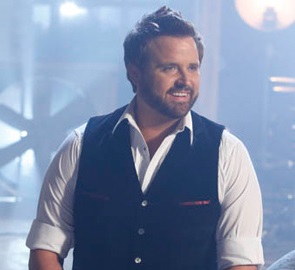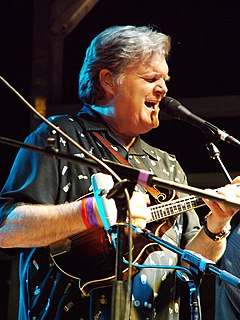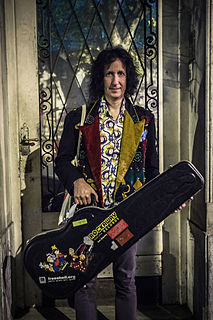A Quote by Yoko Ono
Related Quotes
Most people don't take some things into consideration. When they hear an album, they hear the artist or they hear the lyric or they hear the melody. But they don't really think about the environment in which it was recorded, which is so important. It's that thing that determines what the album sounds like.
I don't physically put Appetite For Destruction in and listen to it, but I hear it on the radio or at sporting events or wherever else it pops up, and it's great. I dig everything about it. When I hear Appetite, it sounds like exactly what it was. It sounds like a record made by an angry bunch of kids.
When you're listening to radio and hear the same 20 songs over and over and over, you want a break from it. Sometimes you don't want to hear something that sounds just like everything else on the radio. Eventually, if you hear the same sounds and the same musicians and the same mixes and all of that, it will start to sound like elevator music.
A lot of people ask me where music is going today. I think it's going in short phrases. If you listen, anybody with an ear can hear that. Music is always changing. It changes because of the times and the technology that's available, the material that things are made of, like plastic cars instead of steel. So when you hear an accident today it sounds different, not all the metal colliding like it was in the forties and fifties. Musicians pick up sounds and incorporate that into their playing, so the music that they make will be different.
'Milk and Honey' was written with me being honest to myself, kind of pulling at the things that I hear the most and saying that out loud, and you know, that thing that we hear the most is most universal, and so that rings true with all folks. The language used in the poetry is extremely, extremely accessible.








































